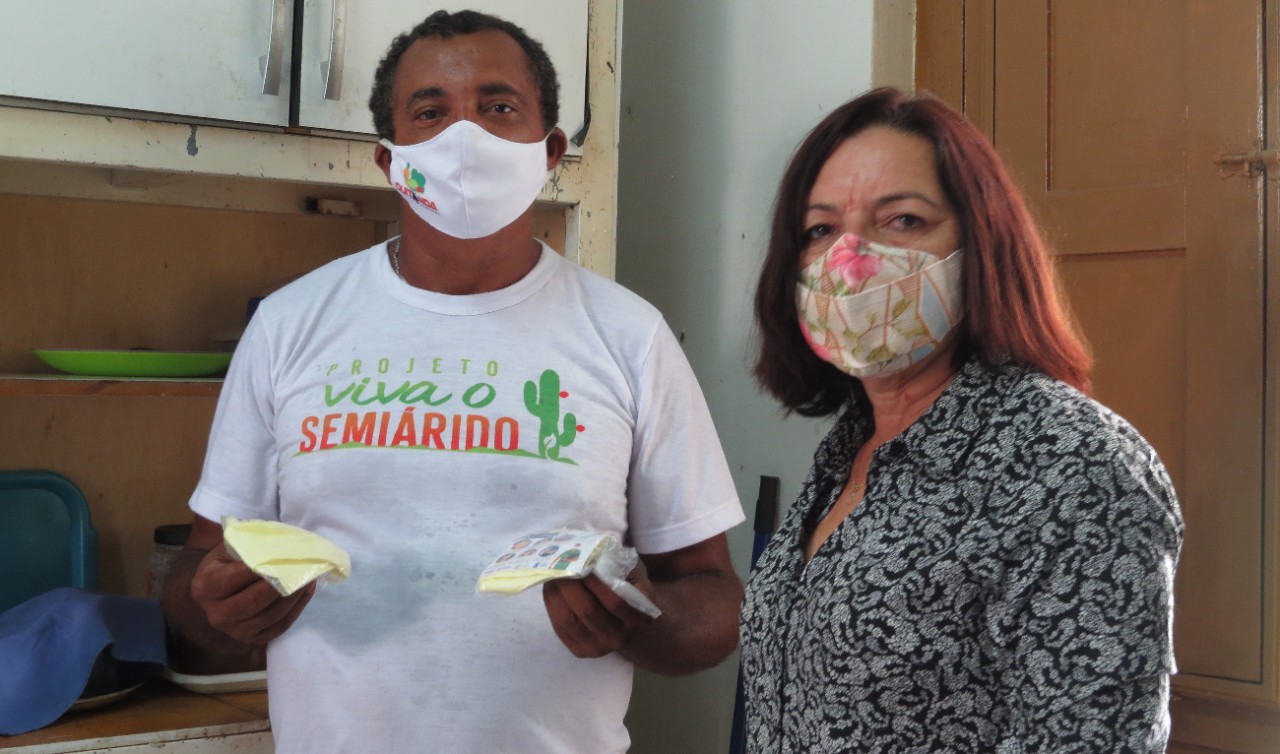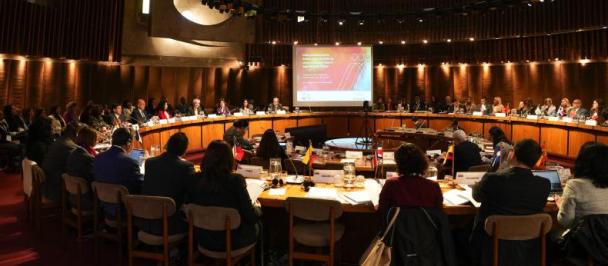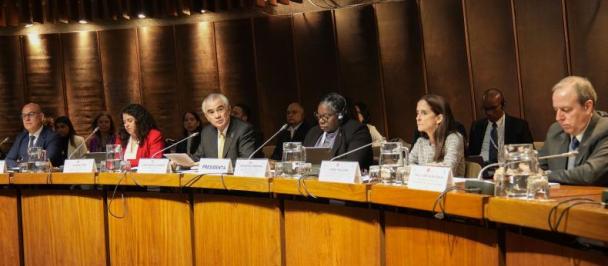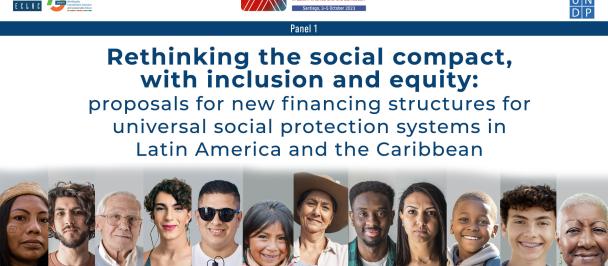UNDP not only covered the territory most affected by the pandemic, but also promoted the participation of the private sector, along with Votorantim, which coordinated a similar action in the Itaim Valley, where it maintains business activity. Photo: UNDP Brazil
On the coastal plain of Piauí, Brazil, is the small town of Buriti dos Lopes. When the COVID-19 pandemic arrived, its 19,780 inhabitants started to feel the impact, particularly through the loss of income of local artisans. To turn this situation around, UNDP organized the production of masks by those vulnerable Brazilian families using seed money donated by its Goodwill Ambassador, the Japanese actress Misako Konno. This initiative allowed UNDP to not only help prevent the spread of the virus but also, generate an income for the local families. A small gesture was the impetus for greater action in a state where UNDP was already working.
With the resources donated by the UNDP Goodwill Ambassador, 20 seamstresses from the Association of Artisans of Buriti dos Lopes were trained to produce handcrafted masks, which were purchased and distributed to vulnerable groups in the Coastal Plain, the region most affected by the pandemic. In addition to Buriti dos Lopes, four other cities benefitted from the initiative: Cajueiro da Praia, Cocal, Luiz Correia and Parnaíba.
The masks produced in Buriti dos Lopes were received by Sidney Furtado, from the municipal Health Secretariat: “It is with great satisfaction that we receive this donation to be delivered to poor communities here in the municipality, knowing the importance of preventing COVID -19, a disease that has not yet been controlled. For that, we thank UNDP and all the people who are helping us, as we need to be united in this fight against the pandemic” said Furtado.
After this first step, UNDP in partnership with the company Votorantim Energia, managed to expand the service to Vale do Itaim, in the semi-arid region of Piauí, benefiting 16 additional municipalities. As a result, 38,000 masks were distributed in the two territories.
Those initiatives have come in handy. In March 2020, as a way to prevent the adverse effects of the COVID-19 pandemic, the Piauí State Government decreed a state of public calamity. The acquisition and distribution of Personal Protective Equipment (PPE) was one of the strategies adopted by the government to reduce the adverse effects of the pandemic. To foster the local economy, this equipment was purchased from small artisans in the Piauí Development Territories, thus generating incomes for one of the sectors most economically affected by COVID-19.
The production of the materials follows the rules of the World Health Organization (WHO), and the distribution is coordinated jointly with the municipal departments of health and basic health units of the municipalities. In addition to the free distribution of masks, the State Government and UNDP, together with the implementation partners of the SDG Piauí Project, which UNDP has been developing in the region since 2018, prepared a booklet with guidelines on the correct use of those face shields. The booklet also advises on the need to wash hands constantly and the constant use of hand sanitizer to prevent the spread of COVID-19.
Partnership
Since 2018, UNDP has been working in Piauí in a partnership with the State Government, the company Contour Global, and organized civil society. In a local office, the project provides support for the development of actions and partnership with a focus on the implementation and strengthening of policies that involve inclusive, social and environmental economic development.
By acting to prevent the advance of the pandemic and to economically strengthen residents of these municipalities, UNDP expanded its activities in Piauí. In this context, UNDP not only covered the territory most affected by the pandemic, but also promoted the participation of the private sector, along with Votorantim, which coordinated a similar action in the Itaim Valley, where it maintains business activity.

 Locations
Locations


